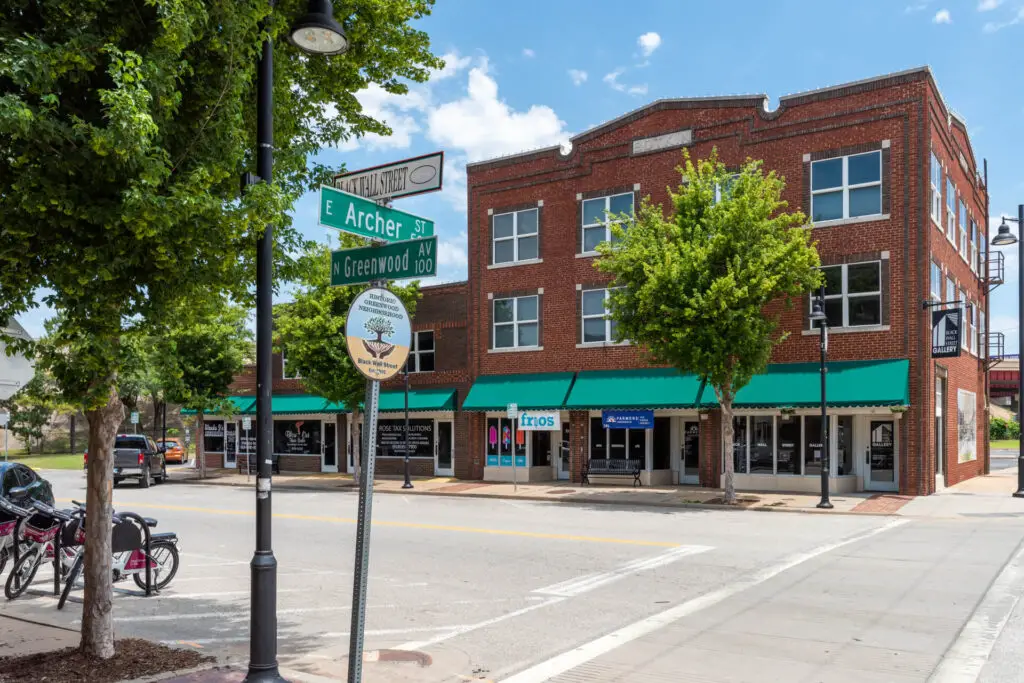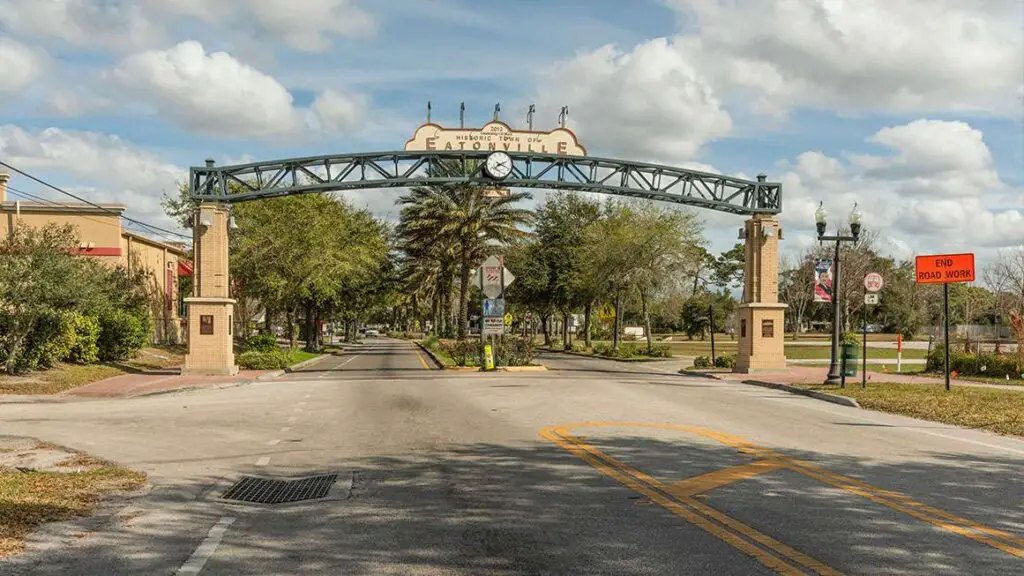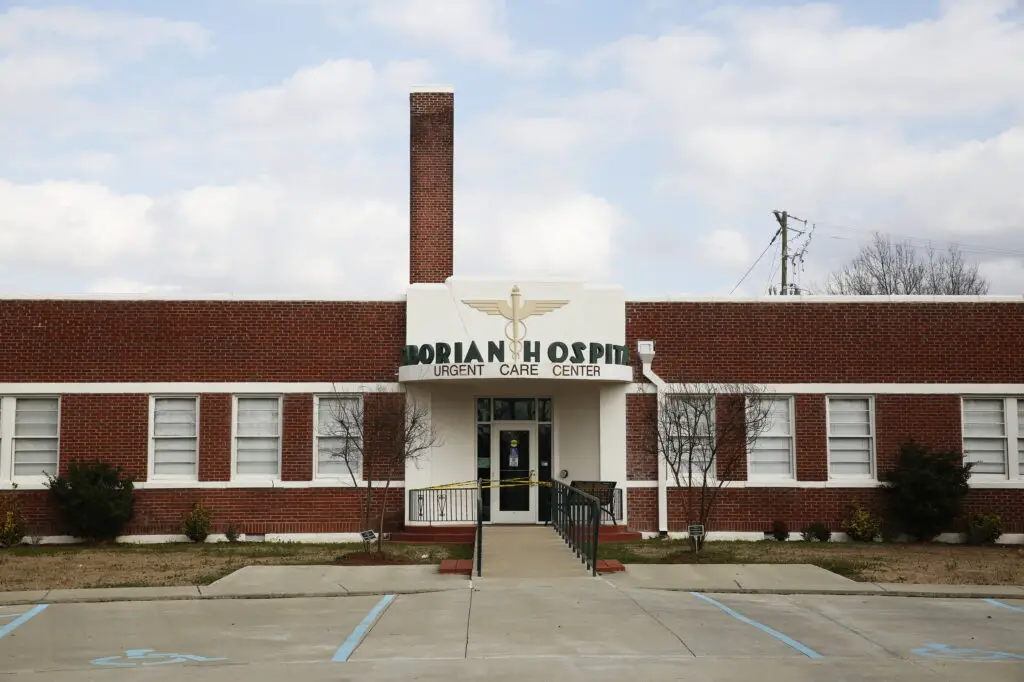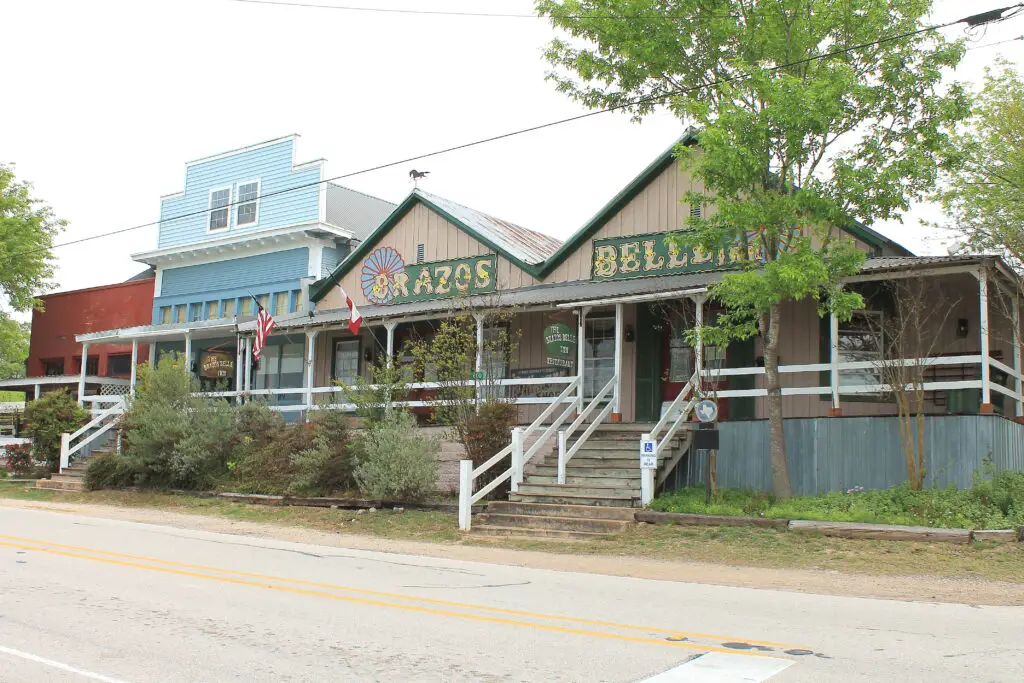Throughout American history, Black communities have built vibrant towns and settlements that flourished, providing spaces of autonomy, culture, and economic independence. Many of these towns, created during a time of segregation and racial exclusion, offered sanctuary and prosperity for African Americans. However, over time, various factors such as displacement, racial violence, and economic pressures led to the decline and near-erasure of these once-thriving towns. Here are four forgotten Black towns in America that once flourished, each with a legacy that deserves to be remembered.
1. Tulsa’s Greenwood District (Tulsa, Oklahoma)

Known as “Black Wall Street,” the Greenwood District in Tulsa, Oklahoma, was one of the most prosperous African American communities in the early 20th century. Established in the early 1900s, it was home to a thriving Black business district, featuring banks, theaters, restaurants, and even its own post office. Greenwood was a self-sustaining community where Black residents built wealth and enjoyed a level of economic independence that was rare for African Americans at the time. The district’s success was fueled by entrepreneurial spirit and a tight-knit community that supported each other’s ventures.
However, the Greenwood District’s prosperity was tragically destroyed during the 1921 Tulsa Race Massacre, one of the most violent racial attacks in U.S. history. White mobs attacked the district, burning it to the ground and killing an estimated 300 Black residents. Despite the destruction, the legacy of Black excellence in Greenwood lives on, as efforts to rebuild and honor its history continue. The Greenwood District serves as a powerful reminder of the resilience of Black communities. To learn more about the history of Greenwood, visit the Tulsa Historical Society.
2. Eatonville (Orlando, Florida)

Eatonville, located just outside of Orlando, Florida, was incorporated in 1887 as one of the first all-Black towns in the United States. Established by formerly enslaved individuals and their descendants, Eatonville quickly became a thriving community where Black residents could govern themselves and build their own institutions. The town boasted a vibrant cultural scene, a growing economy, and even had its own school system. One of the most notable residents of Eatonville was Zora Neale Hurston, the acclaimed novelist and anthropologist who immortalized the town in her works.
Despite its early successes, Eatonville faced economic challenges in the mid-20th century, leading to a decline in population and influence. However, the town’s cultural and historical significance remains vital, and it continues to be celebrated as a center of African American heritage. The Zora Neale Hurston Festival of the Arts and Humanities, held annually, keeps the spirit of Eatonville alive by celebrating its rich cultural legacy. To learn more about Eatonville’s history, visit the Zora Neale Hurston Festival.
3. Mound Bayou (Mound Bayou, Mississippi)

Founded in 1887 by Isaiah T. Montgomery, an African American businessman and former slave, Mound Bayou, Mississippi, was one of the most successful all-Black towns in the South. The town was built with the aim of providing a safe haven for Black people to escape the hardships of post-Reconstruction racism. With its own schools, businesses, and government, Mound Bayou became a symbol of Black self-reliance and autonomy. During its peak, it was home to thriving cotton plantations, a hospital, a bank, and various successful Black-owned businesses.
Mound Bayou’s growth was stunted in the latter half of the 20th century due to economic struggles and the loss of Black-owned agricultural enterprises. However, the town’s rich history of resilience and community building endures. The Mound Bayou Museum and the Isaiah T. Montgomery Memorial in the town continue to honor its significance in African American history. To explore more about Mound Bayou’s legacy, visit the Mound Bayou Museum.
4. Burton, Texas (Burton, Texas)

Burton, Texas, a small town founded by formerly enslaved people in the late 19th century, was once a thriving hub for Black farmers and entrepreneurs. After the Civil War, Burton became a significant center of African American culture and business in Texas. The town was home to a number of Black-owned businesses, including general stores, barbershops, and farms, which supported the local economy and provided a sense of community. Burton also featured several Black churches and schools that became pillars of the community.
By the mid-20th century, however, Burton’s prosperity began to wane. As larger cities expanded and economic pressures mounted, many residents were forced to relocate, and Burton became a shadow of its former self. Despite the town’s decline, the history of Burton as a thriving Black town is preserved through local efforts and historical sites, such as the Burton Heritage Museum, which educates visitors about the town’s significant role in African American history. To learn more about Burton, visit the Burton Heritage Museum.
